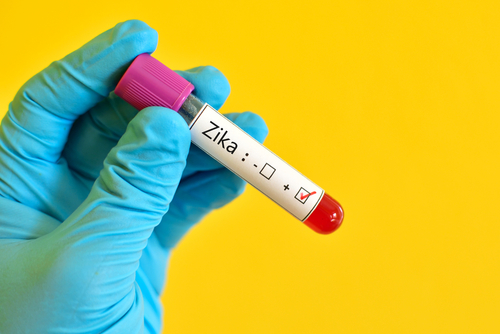
A group of international vaccine experts recently shared a series of requirements for the development of a safe and effective Zika virus vaccine.
The research group features experts from the University of Texas Medical Branch (UTMB) at Galveston, the Walter Reed Army Institute of Research and Sanofi Pasteur of France. The research was published in the most recent edition of the New England Journal of Medicine.
Prior to testing on human subjects, a vaccine must be carefully examined to determine its safety, its effects on both males and females, how it interacts with various bodily functions, how the immune systems responds to the treatment, how it interacts with a pregnancy, and how it interacts with other drugs. In some instances, it can take up to 10 years of evaluation before a vaccine is ready for mass distribution.
Two vaccine candidates have recently entered Phase 1 testing in volunteer subjects.
“Taken together, developing, licensing and distributing a vaccine capable of affecting the current epidemic will require seamless coordination among developers, regulatory agencies, the World Health Organization and national public health authorities, along with solid funding from governments and funding agencies,” Alan Barrett, director of the UTMB Center for Vaccine Development, said.
Zika virus is part of the flavivirus family, which includes dengue fever, West Nile virus, yellow fever and Japanese encephalitis.




